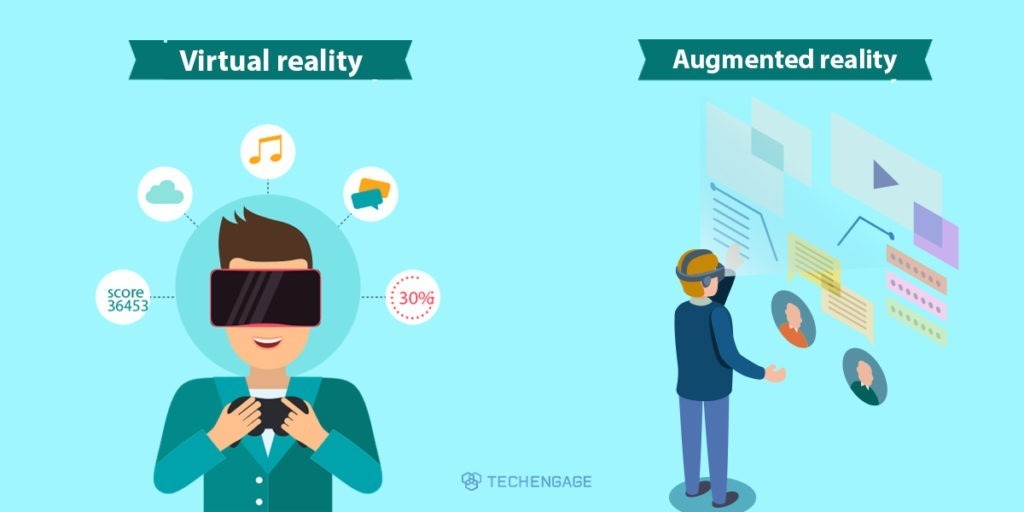May “industry review boards” contribute to the wider adoption of virtual and augmented reality for physical and mental health?

__________
Industry review boards are needed to protect VR user privacy (World Economic Forum blog):
“It seemed like a game when Riley first started the virtual reality (VR) maze … A month after playing the game, Riley was turned down for a new life-insurance policy. Given his excellent health, he couldn’t understand why. Several appeals later, the insurance company disclosed that Riley’s tracking data from the VR maze game revealed behavioral movement patterns often seen among people in the very early stages of dementia … This is a hypothetical situation, but the science of using movements tracked in VR to predict dementia, and the technology to do so, are very real. Currently, there are no standards or regulations as to how this data is collected, used or shared.
Virtual and augmented reality (VR and AR) biometric tracking data — micro-movements of head, torso, hands, and eyes — can be medical data. It can diagnose or predict anxiety, depression, schizophrenia, addiction, ADHD, autism spectrum disorder and more about a person’s cognitive and physical function. Because VR and AR applications can detect changes over time in these disease-linked states, developing successful therapeutic interventions will be possible.
One solution rose to the top at the summit: the adoption of a system similar to the institutional review boards (IRBs) that exist in universities, medical centers and companies across the world. A traditional IRB reviews researchers’ proposals to ensure that when research participants consent to become part of a research study, the study is conducted in an unbiased way that preserves their autonomy, and that the risks of their participation are minimized. Unlike more general tech advisory boards, IRBs are independent by definition, with diverse membership, and are focused on ethics, justice and respect for those who are the source of research data…
Our proposal is to create an independent voice in VR and AR that advocates for the protection of users. In turn, we believe that these protections will draw more consumers to immersive technology. A significant amount of testing, iteration and refinement would be needed to make a review board strategy viable. Given the correct level of execution, we are optimistic about the potential for this solution to make VR and AR a truly user-friendly technology.”
News in Context:
- New report: Empowering 8 Billion Minds via Ethical Development and Adoption of Neurotechnologies
- Neurotechnology can improve our lives…if we first address these Privacy and Informed Consent issues
- The FDA clears two computerized cognitive tests to assist in medical evaluations following brain injury or concussion
- Virtual reality games and related neurotechnologies spark a new generation of dementia & cognitive tests
- Washington Wizards to test virtual reality system to better monitor players’ fatigue
- FDA clears MindMaze GO neurorehabilitation platform, easing access to continued outpatient therapy


